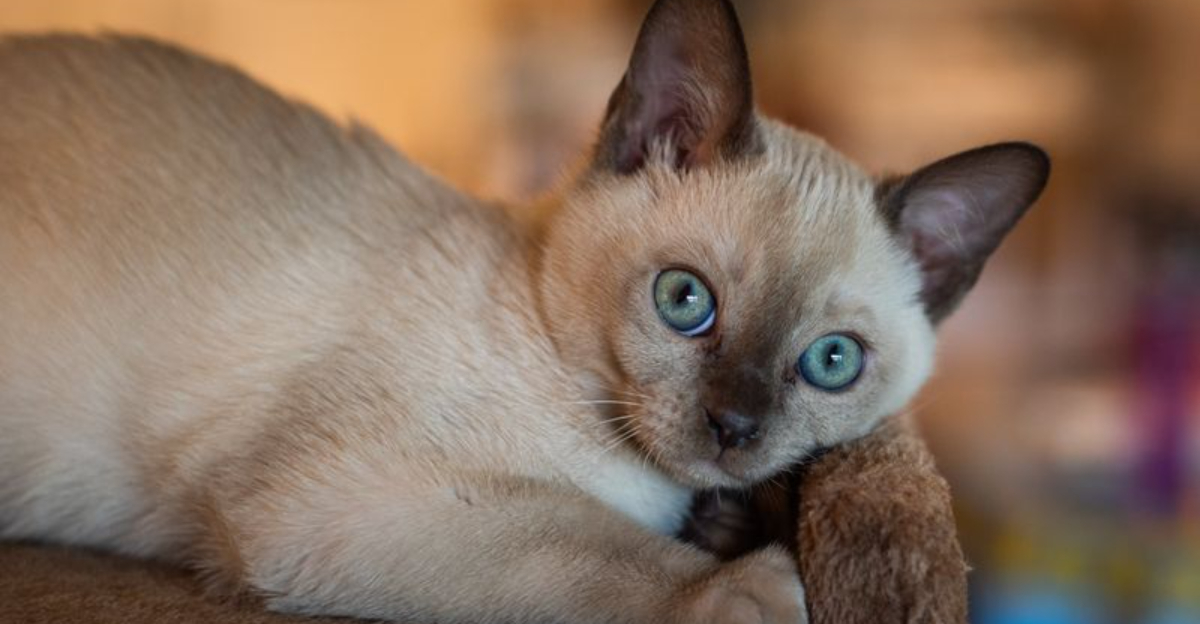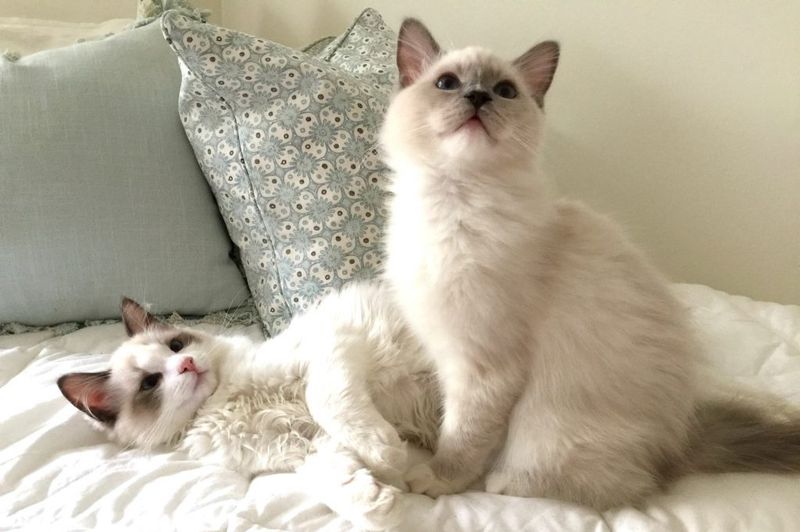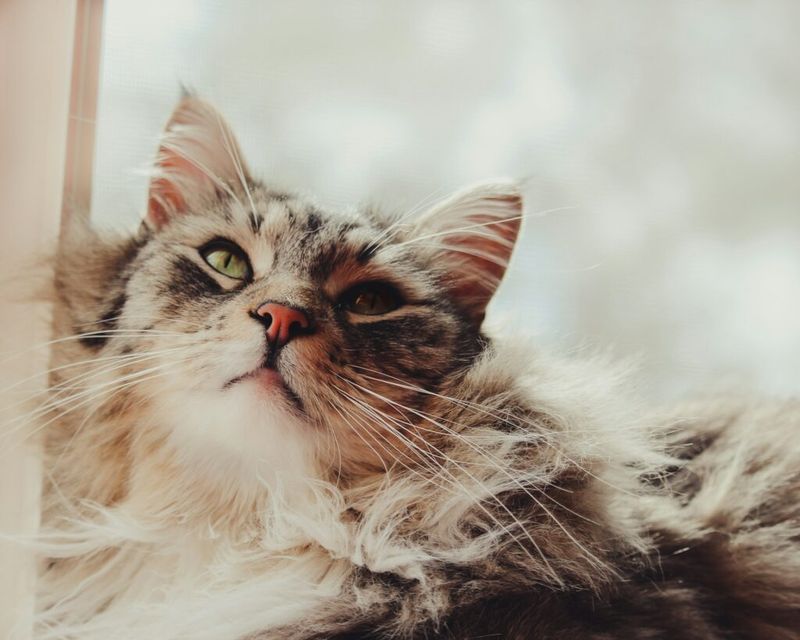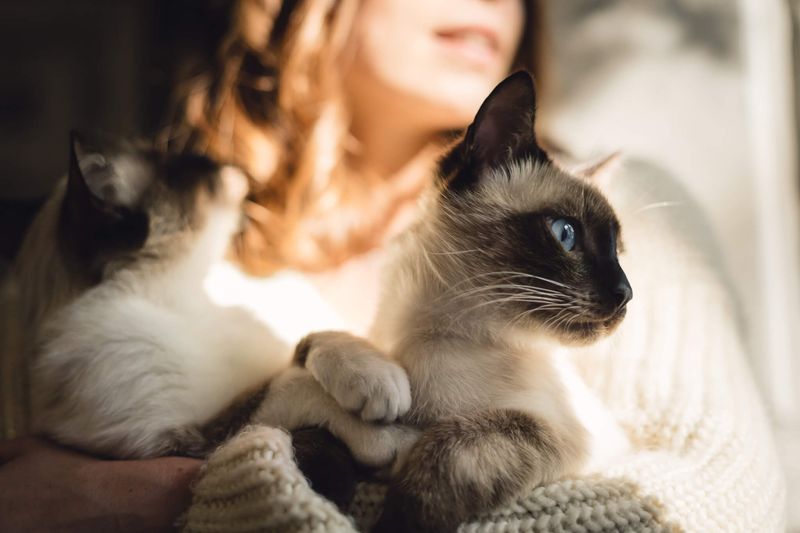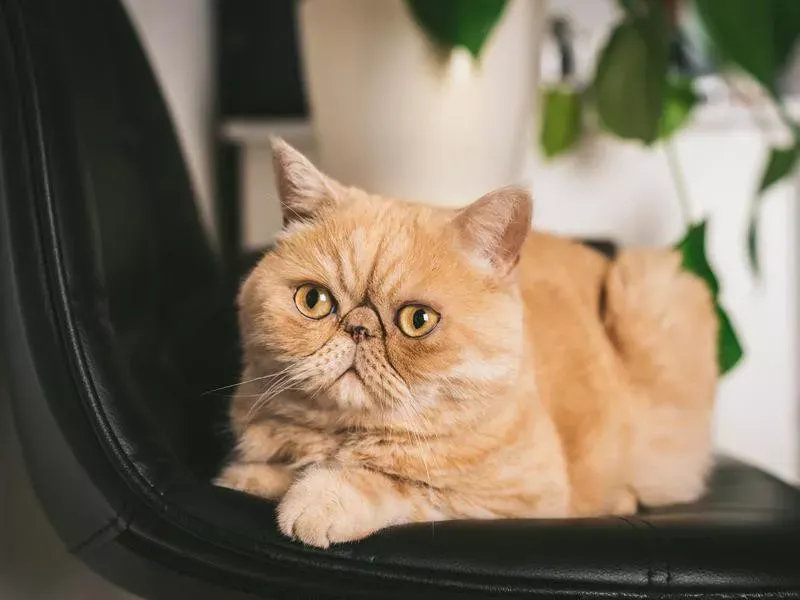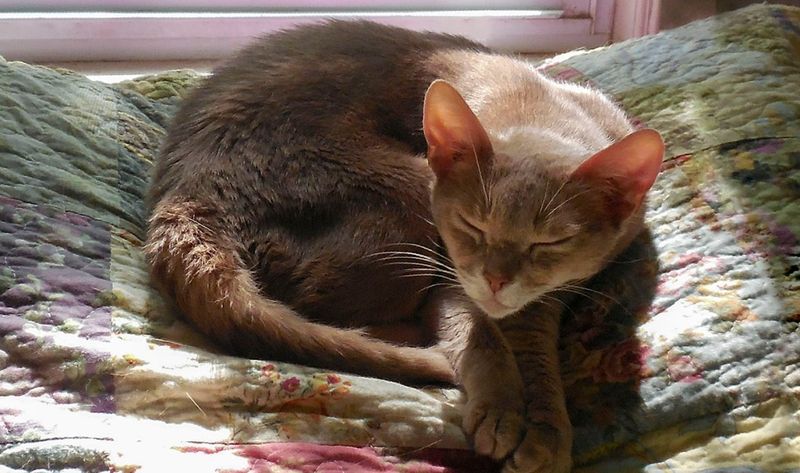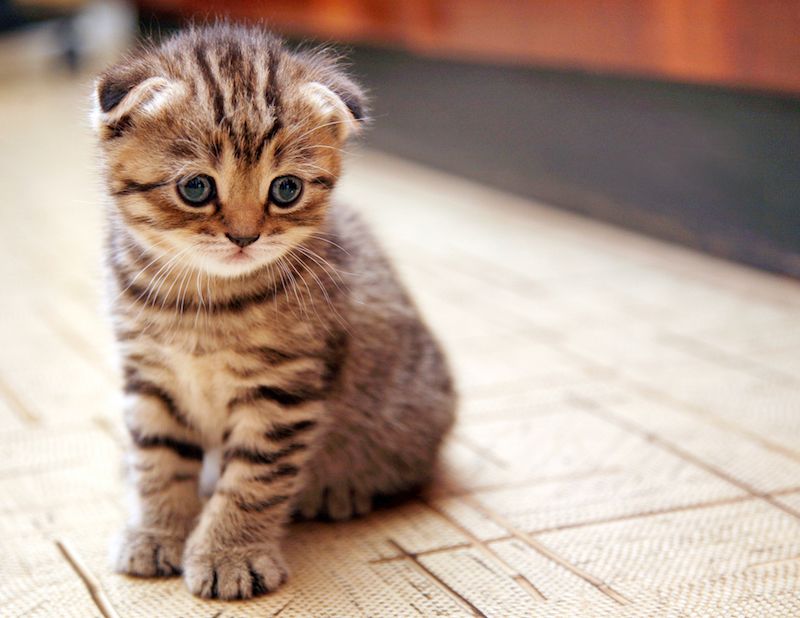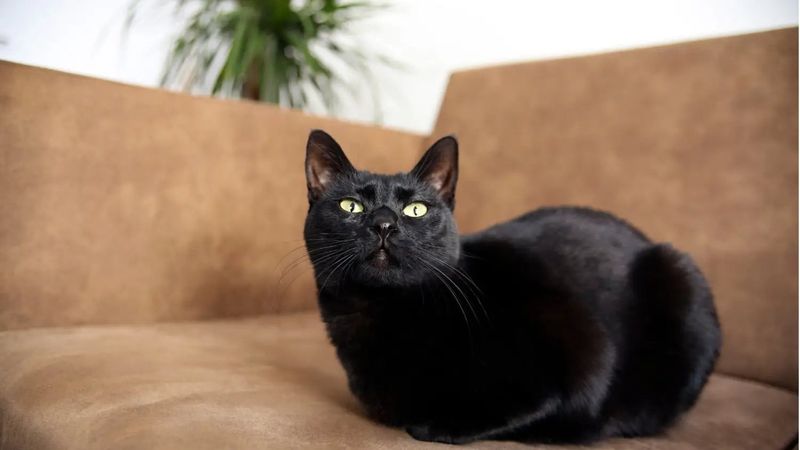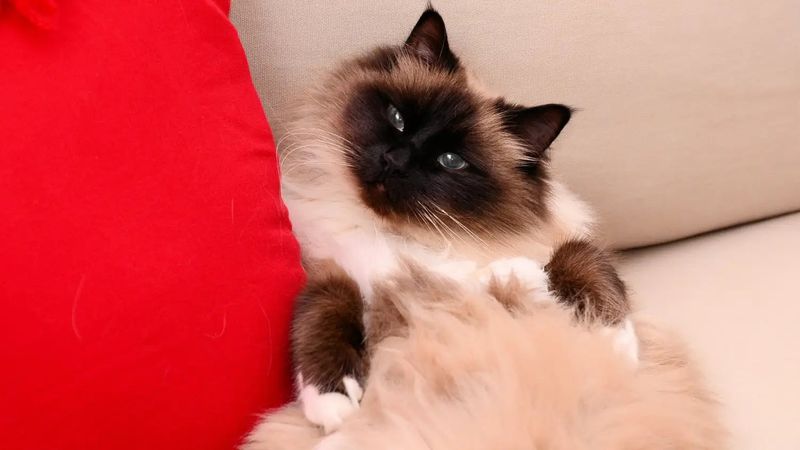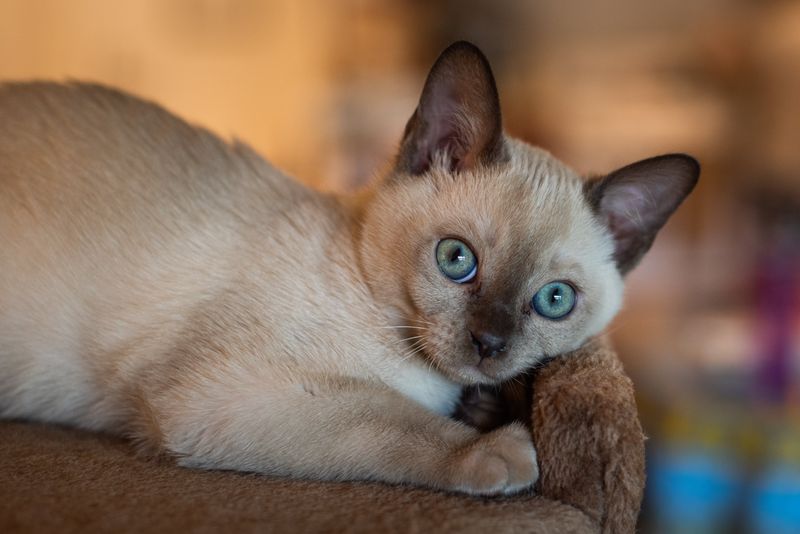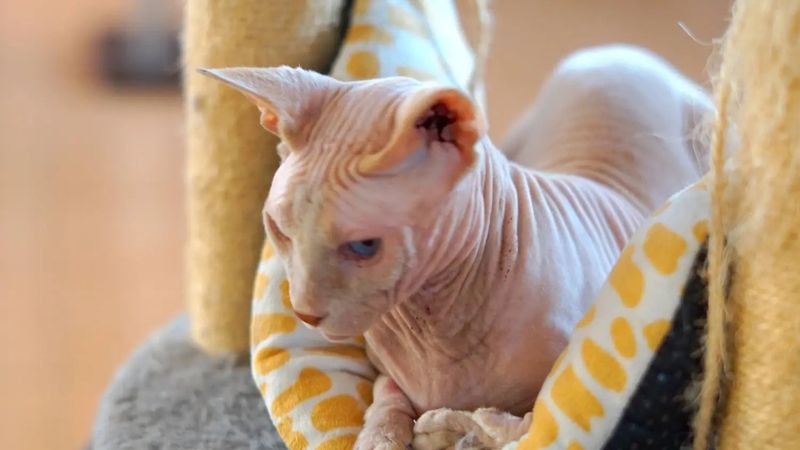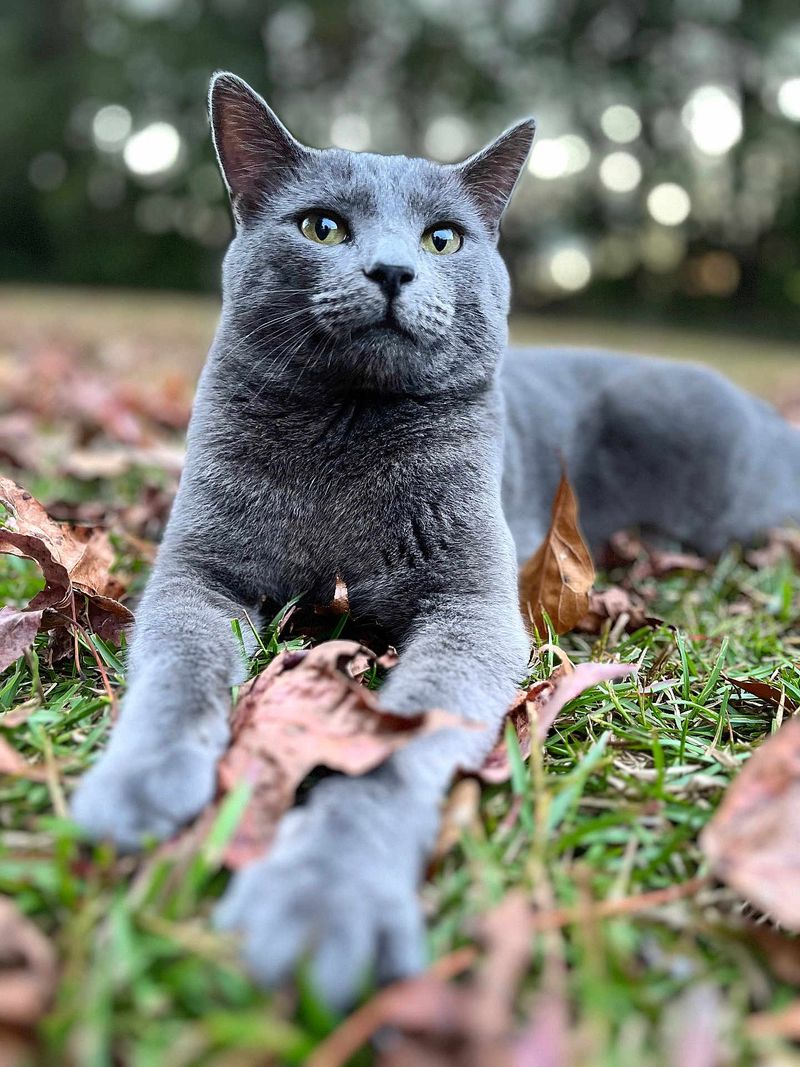📖 Table of Content:
Cats are often seen as aloof or independent, yet many breeds reveal surprising levels of compassion and emotional awareness. These felines can detect human emotions, providing comfort during moments of sadness or stress. Their ability to connect deeply is not limited to people but also extends to other pets in the household.
Many cats form strong bonds with their families, showing empathy through gentle behaviors and attentive presence. Their emotional intelligence helps them respond to the needs of those around them. This connection highlights a side of cats that goes beyond common stereotypes.
Certain breeds are especially known for their affectionate and empathetic nature. These cats showcase the depth of feeling and understanding that animals can possess. Their interactions remind us that empathy is a shared trait across many species.
1. Ragdoll
Ragdolls earned their name from their tendency to go limp when picked up, like a child’s ragdoll toy. These gentle giants are known for following their owners from room to room, always wanting to be part of the action. Their intuitive nature helps them sense emotional distress. Many Ragdoll owners report their cats curling up beside them during illness or emotional upset, providing silent comfort when it’s needed most.
With striking blue eyes and semi-longhaired coats, Ragdolls aren’t just beautiful—they’re emotionally attuned companions who form deep bonds with their families and often show special patience with children and elderly people.
2. Maine Coon
As one of the largest domestic cat breeds, Maine Coons impress with their size yet exhibit a tender touch. Weighing up to 18 pounds, they navigate carefully around breakable objects and children. Their friendly disposition fosters strong family bonds, and they’re often a source of solace for those feeling unwell or downhearted.
Their chirping trills and soft meows seem almost like attempts at conversation with their human companions. Maine Coons show remarkable patience with other pets and children. Their protective instincts have earned them the nickname “gentle giants” as they often appoint themselves as unofficial guardians of their households.
3. Siamese
Known for forming deep attachments, Siamese cats often bond tightly with a single human. Their vocalizations are more than just noise—they’re an expressive way to share feelings and needs. During times of sadness, these cats usually sense the change in mood and offer comfort by staying close.
These cats have been known to alert family members when someone in the household is unwell. Their intelligence allows them to recognize routines and emotions. Siamese cats remember who treats them kindly and return that kindness with loyalty and affection that can last for their entire 15-20 year lifespan.
4. Persian
The presence of Persian cats brings calm and comfort to a home, supported by their quiet purring and easygoing nature. These fluffy friends often detect rising anxiety and instinctively offer companionship by settling into your lap. Their deliberate, gentle movements align with their thoughtful character.
Persians don’t rush to judgment but observe carefully before offering their special brand of silent support. While not as demonstrative as some breeds, Persians show affection through consistent presence and gentle head-butts. They excel at providing emotional support for people with anxiety or depression, acting as living stress relievers with their meditative purrs and patient companionship.
5. Abyssinian
Abyssinians bring energy and intuition to their relationships with humans. These alert cats seem to possess a sixth sense about their owners’ emotional states, often appearing right when their presence is most needed. Unlike some cats who offer passive comfort, Abyssinians take an active approach to cheering up their humans.
They might bring toys, perform acrobatic stunts, or engage in playful antics specifically to lift spirits when they sense sadness. Their intelligence allows them to learn routines and recognize when something is wrong. Many Abyssinian owners report their cats checking on family members who are ill, sometimes alerting others to problems by leading them to the person in distress.
6. Scottish Fold
The unique folded ears and large eyes of Scottish Folds make them instantly recognizable and endearing. Their keen emotional awareness makes them gentle and empathetic companions in difficult situations. Scottish Folds are known for their loyalty and deep affection toward their human families.
They’re known for developing special bonds with children and elderly family members, often seeking out those who might need extra companionship. Their moderate activity level suits various households. Scottish Folds balance playfulness with tranquility, knowing when to entertain with antics and when to simply provide quiet comfort by curling up beside someone who’s feeling blue.
7. Bombay
Resembling little panthers with their glossy black fur, Bombay cats are known for their loving and loyal nature. Created to look like mini panthers, their medium stature belies their affectionate and social personalities. These cats thrive on interaction and develop deep emotional connections with their owners.
They’re known for sensing when someone needs emotional support and will often stay close during illness or distress. These adaptable cats fit well in various household situations. Bombays show particular sensitivity toward children and elderly family members, often appointing themselves as special guardians and confidants to those who might be vulnerable or need extra emotional support.
8. Birman
According to ancient lore, Birmans were temple cats blessed by a blue-eyed goddess, a story reflected in their striking blue eyes and white-gloved paws. These revered cats bring not only elegance but a deep emotional sensitivity that feels nearly mystical. Known for their calm and patient demeanor, Birmans provide soothing companionship through life’s challenges
They seem to instinctively know when someone is grieving or in pain, offering their soft presence without being intrusive. Birmans balance independence with devotion perfectly. They don’t demand attention constantly but appear precisely when needed most, as if they can sense emotional distress from another room and come running to provide their special brand of silent support.
9. Tonkinese
Tonkinese cats blend the best traits of their Siamese and Burmese ancestors into a compassionate package. Social butterflies with keen emotional intelligence, these medium-sized cats refuse to be ignored when they sense their humans need support. Their playful antics often serve a purpose beyond entertainment. Tonkinese seem to understand when laughter is the best medicine, timing their silly behaviors perfectly to lighten tense moods in the household.
Unlike some cats who maintain distance, Tonkinese seek physical closeness during times of stress. They’ll curl up against your neck or chest, their purrs creating vibrations that actually lower blood pressure and reduce anxiety—a living, loving stress-reduction system in a beautiful feline package.
10. Sphynx
Breaking the usual cat stereotype, Sphynx cats have an extraordinary need for affection and closeness. Their lack of fur means they rely on body heat from their humans, deepening both physical and emotional bonds. This breed thrives on intimate connection.
Their lack of coat makes the Sphynx’s warm body directly accessible for comfort. Many owners report their Sphynx cats sensing illness or emotional distress, responding by pressing their warm bodies against the person’s neck, chest, or painful areas like a living heating pad. They show remarkable sensitivity to human emotions. Their expressive faces seem to mirror concern when their people are upset, and they’ll often follow their humans closely during times of stress, offering silent support through physical presence.
11. Russian Blue
The calm presence of Russian Blues offers a comforting emotional anchor for many households. Sporting a silver-blue coat and piercing emerald eyes, they naturally help to calm anxious minds. Their keen sensitivity to emotional shifts allows them to respond thoughtfully to their owners’ feelings.
When they sense tension or sadness, they often respond with gentle head bumps or by quietly sitting nearby, offering silent companionship without demanding attention. Russian Blues form deep bonds but respect personal space—a perfect balance for emotional support. Their naturally reserved nature with strangers makes their devotion to their chosen people even more meaningful, as they save their best comfort skills for those they trust most.
